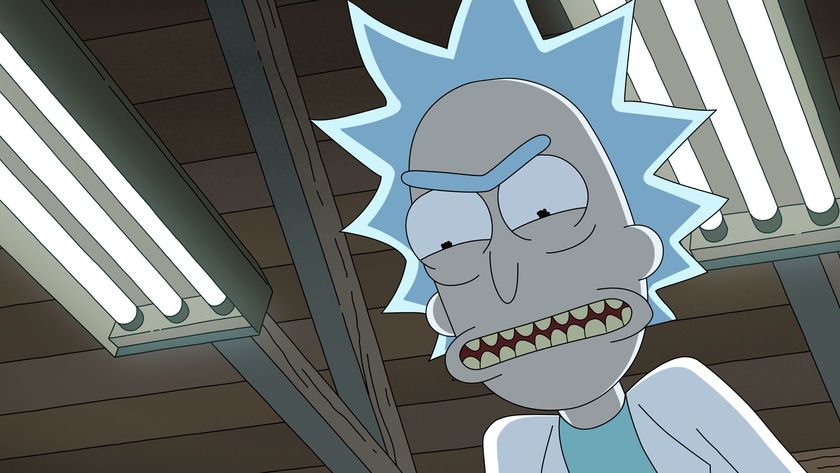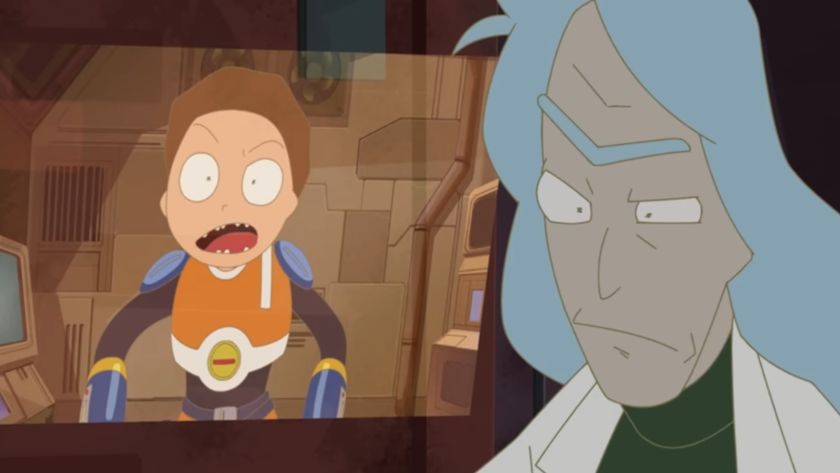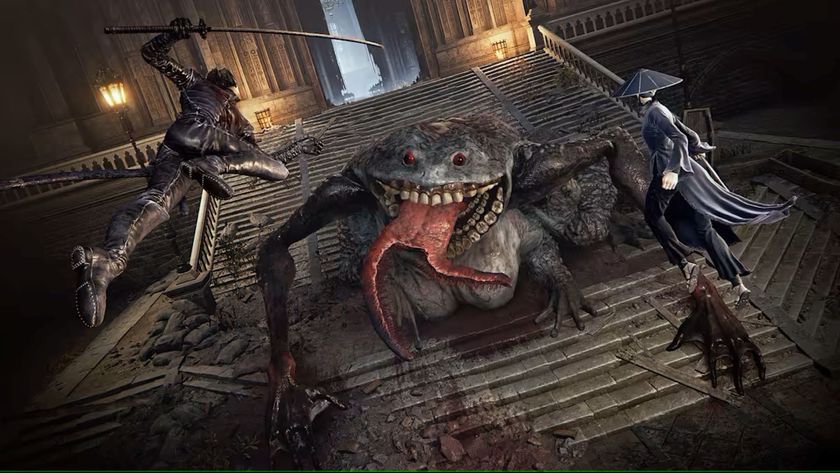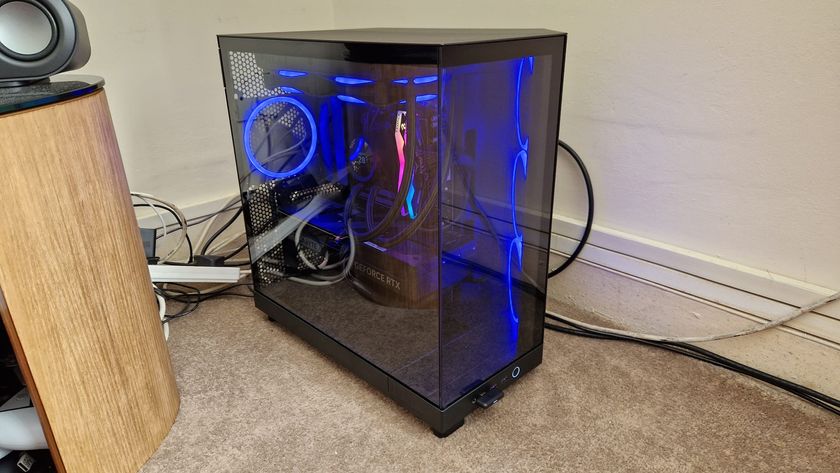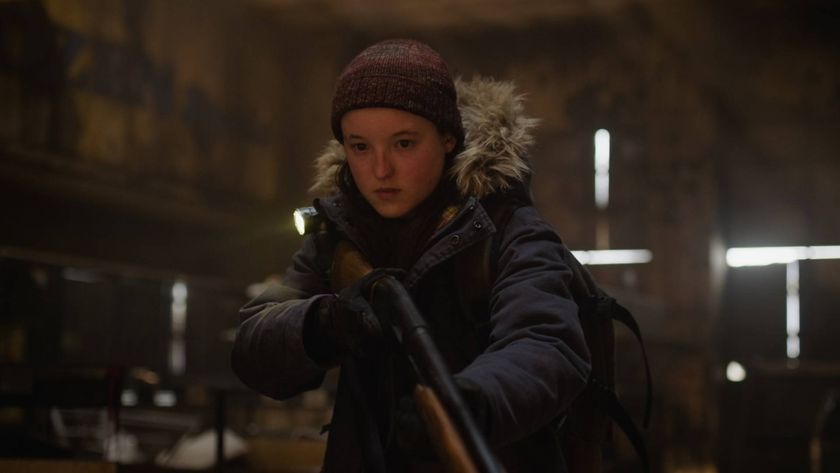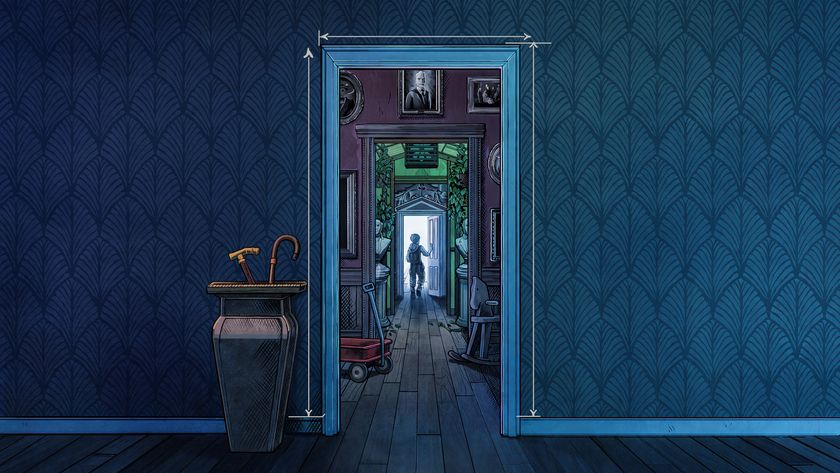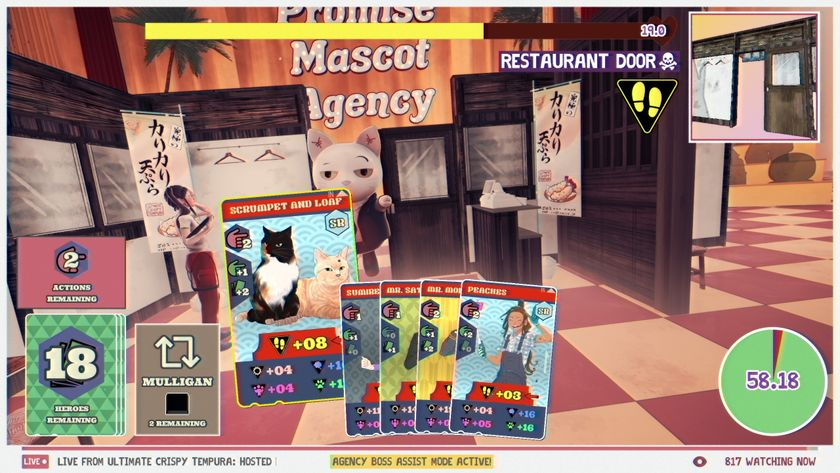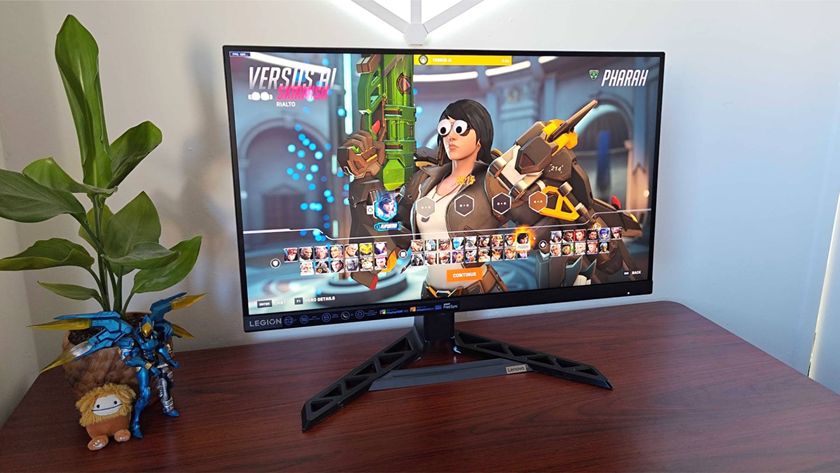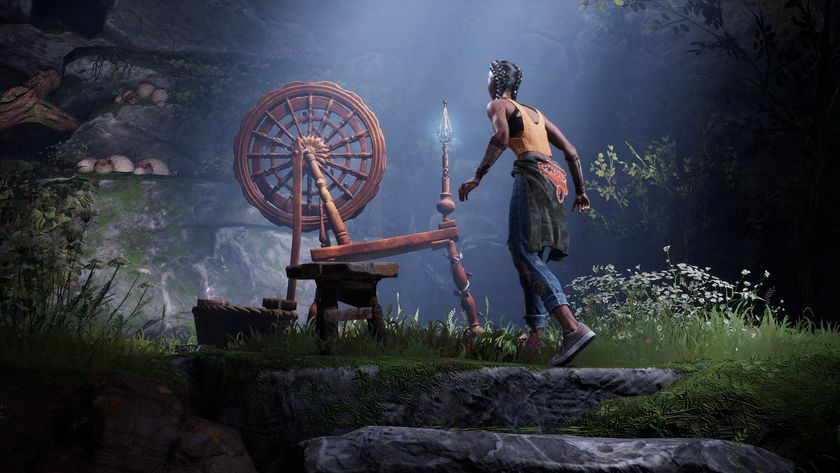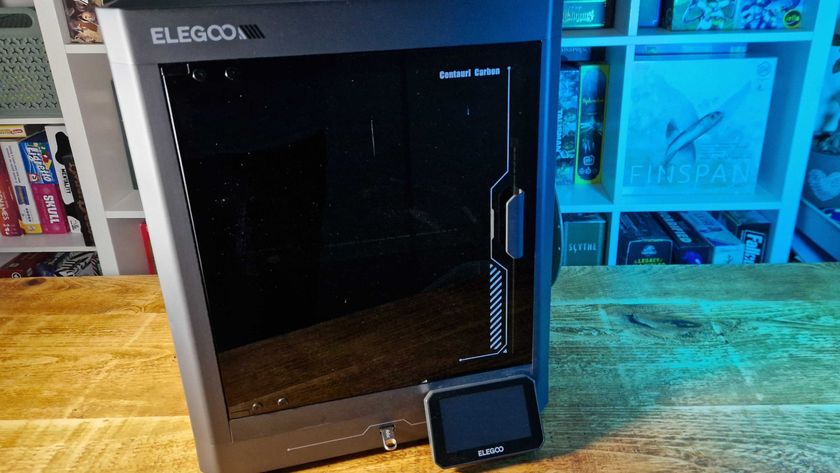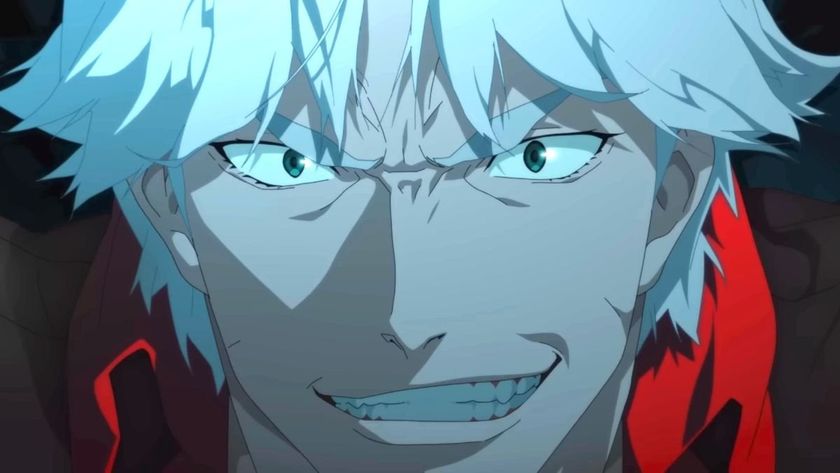12DOVE Verdict
One of those ideas that must have worked much better on paper, Rick and Morty’s critique of meta storytelling falls into all the traps it sets for itself. It’s clearly time to bring the portal gun back into action – or, at the very least, banish Rick and Morty to its own anti-meta field.
Why you can trust 12DOVE
Warning: This Rick and Morty season 6 episode 7 review is packed with spoilers. If you haven’t seen the episode, stop reading now – you don’t want to make Mr Poopybutthole sad, do you?
Since the show returned in September, Rick Sanchez has been waging a one-man war against canon. This sixth season has (more or less) followed his lead, with a succession of standalone stories you could enjoy without the need for an encyclopaedic knowledge of Rick and Morty’s previous adventures. As the series returns from its brief hiatus, however, the smartest man in the universe has a new target in his sights – Rick Sanchez is out to take down meta.
While Mark Zuckerberg can rest easy – Rick’s target is meta storytelling rather than Facebook’s parent company – for the rest of us, his new mission is bad news. By creating a plot propelled by meta energy, ‘Full Meta Jackrick’ automatically becomes the very thing Rick has been railing against, an episode so self-referential that the fourth wall isn’t just broken, it’s totally obliterated. Unfortunately, the story is also caught in the collateral damage, as the sly winks and in-jokes become totally overwhelming.
To be fair, the episode’s pre-credits sequence is magnificent. Riffing on the fact the show’s been off our screens for six weeks, it kicks off with the obligatory "Previously On" sequence, providing a handy reminder of pivotal season six events like the two Beths’ affair and Rick’s rediscovery of portal technology. Things take a turn for the unfamiliar, however, when Summer gets pregnant, Rick and Morty get married, Jerry is killed by bee stings, and Beth finds herself awaiting execution for his murder – "I didn’t release those bees!" she protests.
Rick realises they’re trapped in a "previously on" spiral, instigated by an insect-like creature named Previous Leon, and that life as they know it depends on making it through the opening titles – "opening titles of what?!" asks Morty – in one piece. Is there anything more meta than characters interacting with the credits of their own show? Possibly not.
If the show took a break simply to justify the recap joke, then it’s one of the greatest protracted gag set-ups in TV history. Sadly, the rest of ‘Full Metal Jackrick’ struggles to live up to the genius of its cold open, and soon leaves you feeling as if the premise has been stretched way past breaking point.
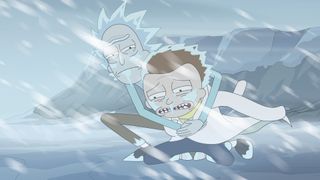
There’s something to be admired in the way the writers’ room have managed to turn self-referential storytelling into a sci-fi concept, with Star Trek-style technobabble about "anti-meta fields", "narrative decelerants" and "holes in the fourth wall." But it’s a flimsy framework on which to hang a very loose approximation of a plot.
‘Full Meta Jackrick’ feels like the result of a day when everybody in the office was asked to bring in an idea, and agreed that every single one would make it into the script, whether they made sense or not. So while Previous Leon’s name is a pun of genuine sophistication – so good that you wonder if this otherwise throwaway gag was the genesis of the episode – his associates in meta-Avengers the Self-Referential Six range from brilliant to scraping the barrel.
Brett Con’s ability to make things always have been other things – "You always were able to be killed with coffee!" "You were born without bones!" – is up there with Rick and Morty’s most ingenious ideas, but surely the writers could have done better than Mr Twist? The other supporting characters are a similarly mixed bag, from the returning all-action "Jesus from every Jesus joke" to main antagonist Story Lord, whose sole motivation is, er, siphoning motivation from every being in the universe. By the time real-life academic Joseph Campbell (most famous for his work on the mythology of the hero’s journey) shows up in an Obi-Wan Kenobi-ish mentor role, the incongruity of the moment almost feels normal.
And that’s the biggest problem with ‘Full Meta Jackrick’. Even when its conventions are being mercilessly mocked, storytelling needs rules, so when you break every single guideline (even with a wink) sooner or later, something’s going to fall apart. The episode even goes as far as acknowledging there’s a problem with its premise: "We’re basting in meta radiation right now," Rick tells Morty when they arrive in the so-called Meta Layer. "Our credibility is being permanently eroded. Every second we spend here is equivalent to 10 Space Jam cameos."
Of course, even sub-par Rick and Morty is nowhere near that bad, but by embracing the tropes of bad storytelling, ‘Full Meta Jackrick’ instantly makes itself worse. Maybe that’s part of the gag, the idea that making a meta episode weaker than the rest of the season proves the point that meta storytelling is bad – though if that’s truly the case, the joke’s on the viewer.
Besides, a show as whip-smart as Rick and Morty doesn’t need to be so self-conscious about reminding us how clever it is. There’s no question Rick and Morty’s return from its mid-season break is packed with ideas, but when it comes to breaking the fourth wall, She-Hulk did it so much better.
A little Mort information…
- The episode’s title is a play on Stanley Kubrick’s 1987 Vietnam movie, Full Metal Jacket.
- Having been mentioned in previous episode ‘JuRickSic Mort’, Tony Hawk (star of the long-running Pro Skater videogame series) makes a brief appearance in the "Previously On…" sequence.
- The Jack the Ripper sequence is a rare example of a scene from the opening credits making it into the actual show.
- At one point, Rick refers to "season three Moonlighting shit." The Cybill Shepherd/Bruce Willis drama was famous for breaking the fourth wall.
- Among the many items Morty sees in Rick’s meta-goggles are "Chekhov’s Guns". This refers to the storytelling guideline that if you go to the effort of mentioning an object in a story (a gun, for example), it should have a role to play later on.
- Story Lord and Jesus Christ previously appeared in season four episode ‘Never Ricking Morty’, which explains why Morty recognises the episode’s mediocre antagonist. Paul Giamatti and Chris Meloni reprise their respective roles here.
- Joseph Campbell is most famous for his 1949 book The Hero With a Thousand Faces, in which he explored the hero’s journey in various mythologies from around the world. His work was a major influence on George Lucas when he wrote Star Wars.
- Joseph Campbell refers to Rick and Morty as the "Back to the Future rip-offs" they so clearly are.
- "Tell me I’m the new Mr Nimbus!" Story Lord demands during his final battle with Rick, a nod to Rick’s aquatic nemesis in season five episode ‘Mort Dinner Rick Andre’.
- We wondered if we could buy a Rick doll on rick-plush.biz, but the URL doesn’t appear to exist.
New episodes of Rick and Morty debut on Sunday nights on Adult Swim in the US, and on Tuesdays on E4 and All 4 in the UK. Here’s the full Rick and Morty season 6 release schedule for more information.
More info
| Genre | Sci-fi |
Richard is a freelancer journalist and editor, and was once a physicist. Rich is the former editor of SFX Magazine, but has since gone freelance, writing for websites and publications including 12DOVE, SFX, Total Film, and more. He also co-hosts the podcast, Robby the Robot's Waiting, which is focused on sci-fi and fantasy.
